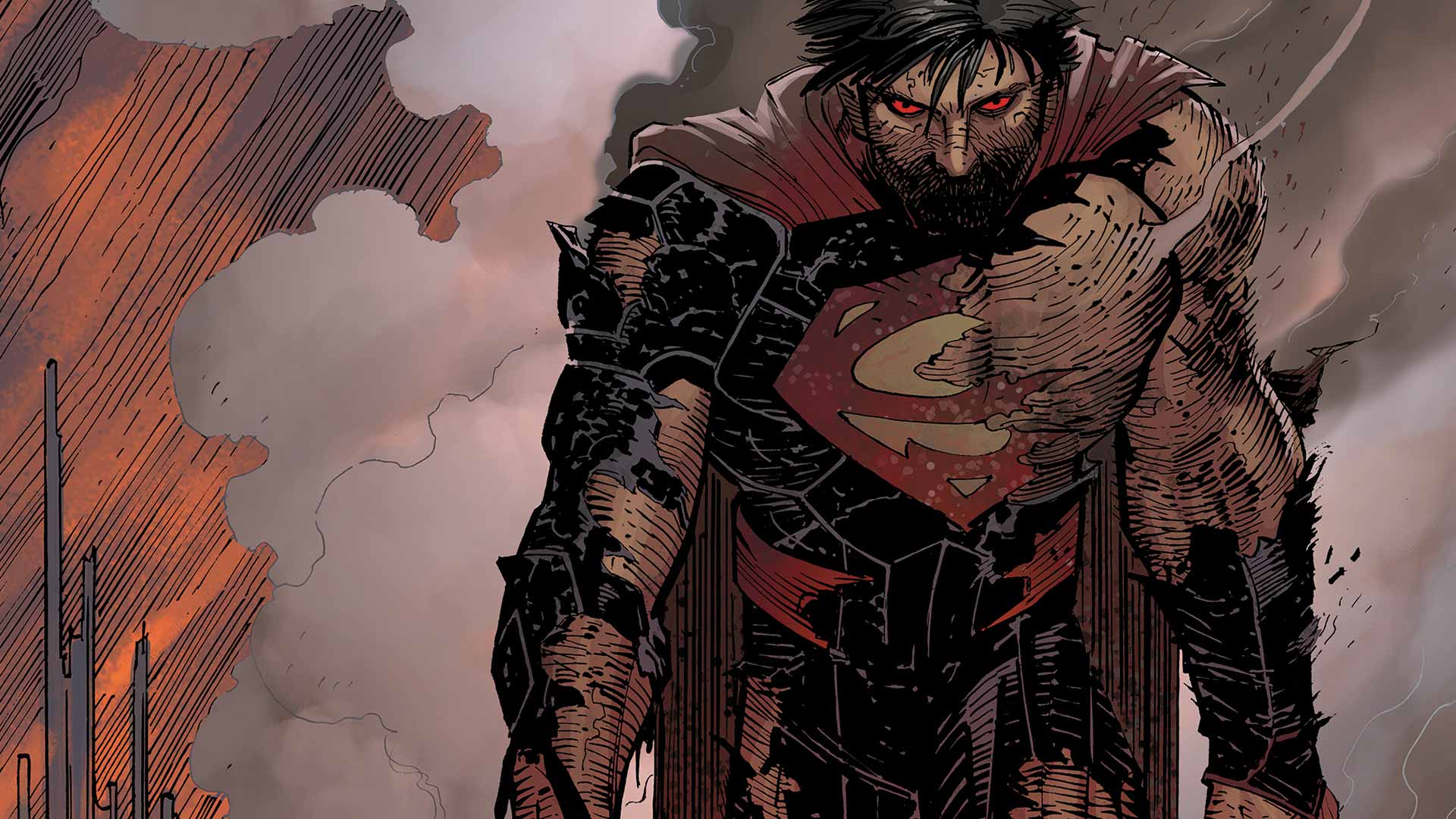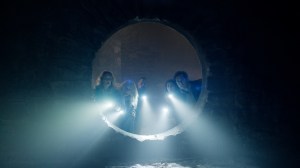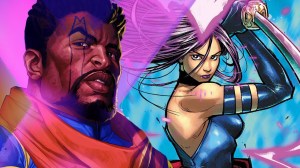This week’s issue of Superman has made headlines in and outside of the entertainment press, but mostly for one small part of a larger storyline.
Videos by ComicBook.com
Writer Gene Luen Yang and artist John Romita, Jr. are rolling through the first arc in a new status quo for the Man of Steel which, according to Yang, has some longer-term ramifications than we’re yet talking about.
Yang joined ComicBook.com to discuss the issue.
This week, we see the use of the solar flare again, which resets us back to the status quo of the last couple of months. Was that something you worried about, since I think fans will probably ask “Why would he use it again” or “what was the point of giving him his powers back for five pages?”
We think primarily about story. We think about what is going to work in terms of the over-arching themes and one of the themes is about strength and about power — whether people love you because you’re good or whether people love you because you’re strong. That’s one of the underlying ideas that we want to play with throughout this storyline.
Recently, I read Action Comics #662, where Clark “comes out” to Lois in the ’90s. Her reaction here is much more…betrayed?…than in the previous go-’round. Is that kind of emblematic of all of humanity’s reaction to him? This is not an intimate experience, it’s bigger than that.
It’s been a long time since I read that one, but they were in a romantic relationship already, right? And it was his own volition to tell her. There was an emotion behind that. When somebody shares with you their secret versus when you find out their secret. There’s two different emotions that go with that.
In the new version, he doesn’t voluntarily share it with Lois, Lois has to figure it out on her own. Part of that is due to the fact that he’s depowered, he’s slower, he’s somebody who’s used to having the powers of a god, no longer having the powers of a god, so he just isn’t able to keep his secret as well because he’s less powerful.
When I write Lois, I don’t necessarily think of her as indicative of all of humanity. I write her as a friend of Clark’s and I try to think of how friends would react in relationship to secrets. Usually I think when a friend reveals something big to you, there’s a complexity of emotion that will come out. That complexity of emotion is something that we’re hoping to draw out as this storyline plays through.
It starts off as anger and then it moves to support and then maybe it’s going to move to something else.
I like having Jimmy and Lois playing an important role here, rather than having it be exclusively or primarily a superhero story. Was it important to you to give them something to do in your book?
I love Superman’s civilian identity and everything that goes along with it. It’s a huge part of what makes him special as a character. I also think that having these two halves of himself collide by having his secret identity exposed is interesting to me and you lose some of the tension if you don’t include people who were part of one half but not the other. So a part of our story is going to be how Jimmy and Lois deal with seeing the whole of who he is as opposed to just one half.
That said, in the New 52, there are a lot of superheroes who don’t necessarily know who he is, either. Will you have an opportunity to flip that dynamic and explore those relationships?
Yeah, we talked as a Superman team about all the different ramifications of him being exposed and we kind of divided it up. Basiclaly in my book, a lot of the storyline is going to be focused on the cast of the Daily Planet, and some of what you’re talking about will be explored in the other books.
We want each of these books to stand on their own, but if you read all of them you get a much richer experience of this particular event in Superman’s life.









